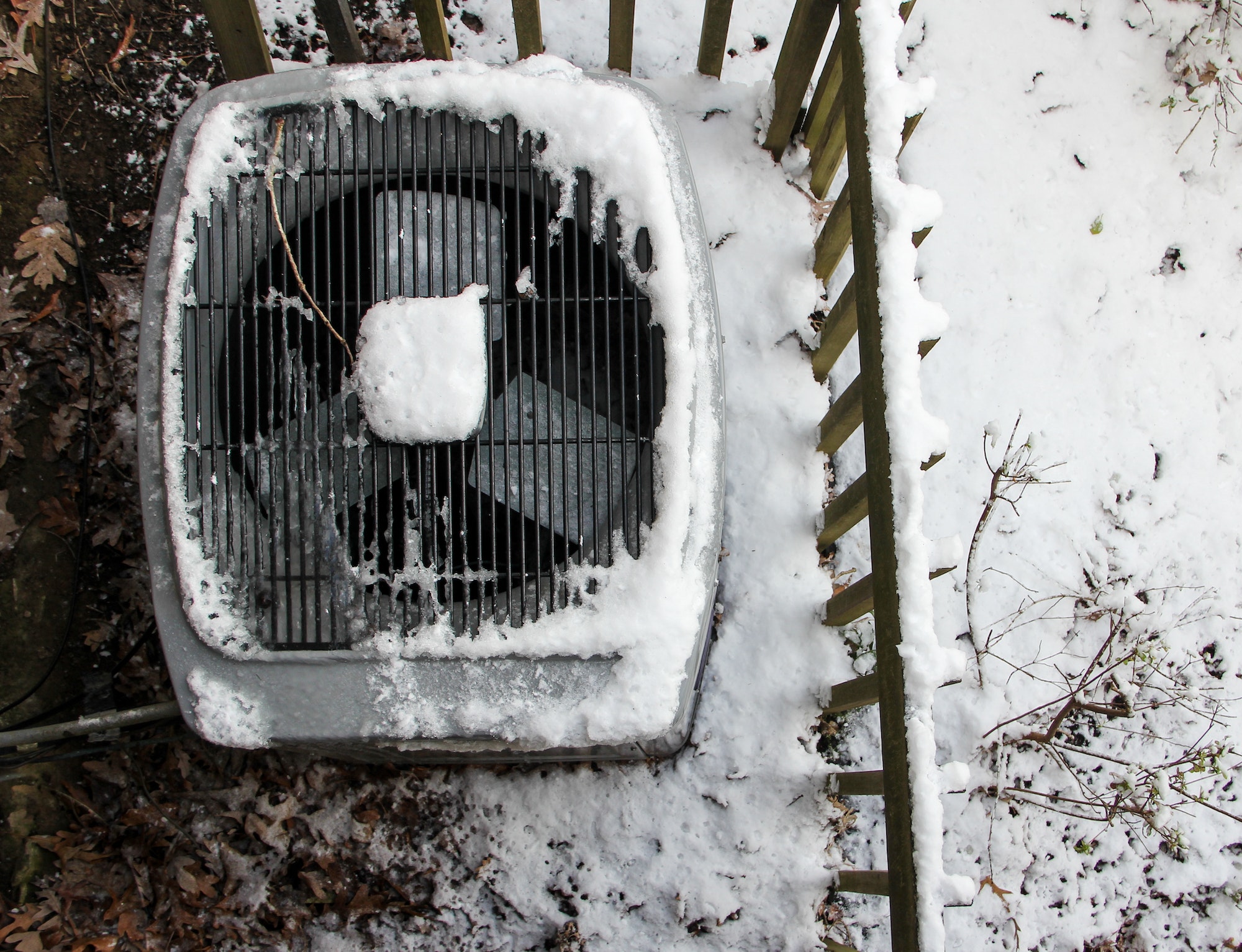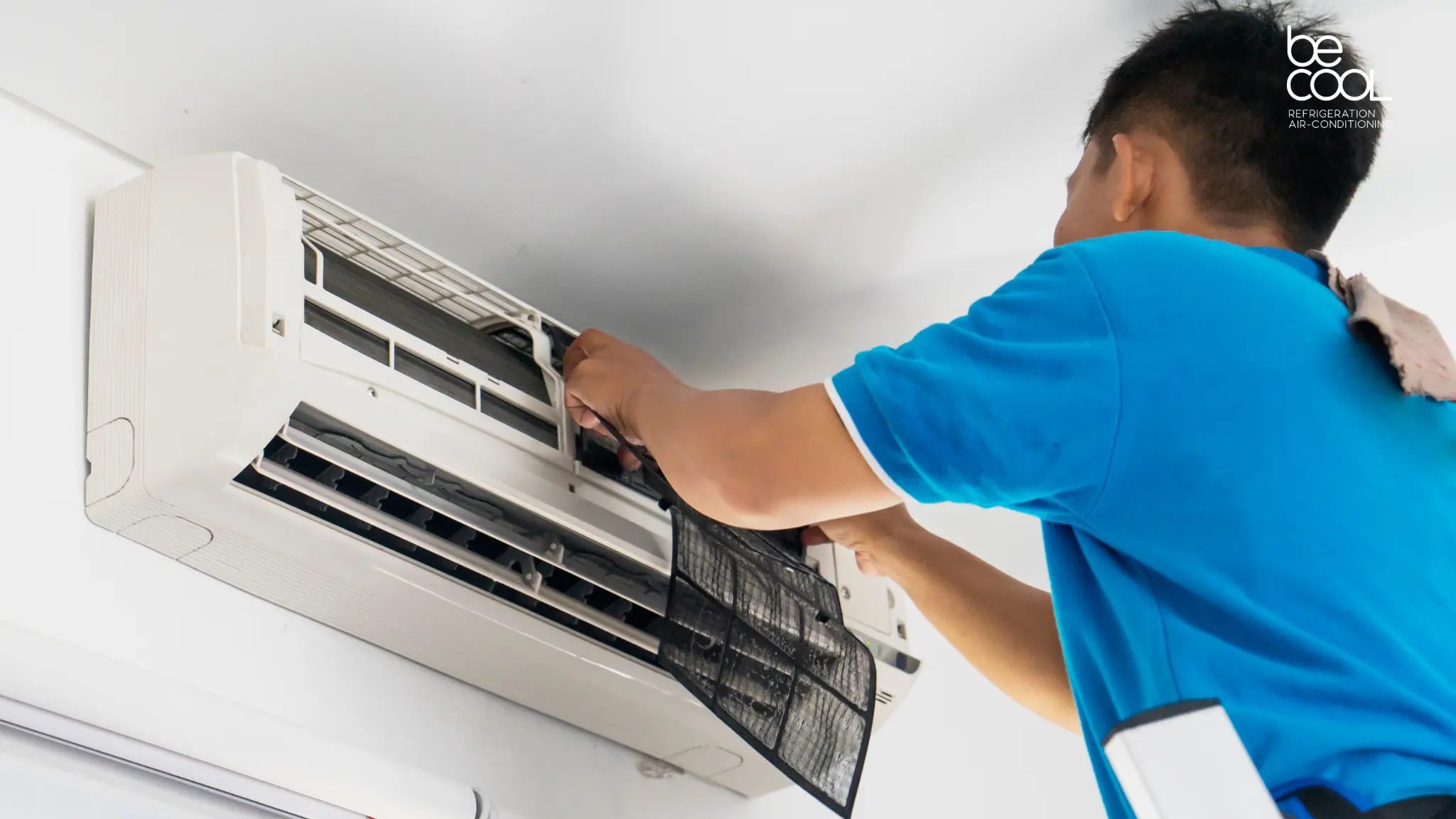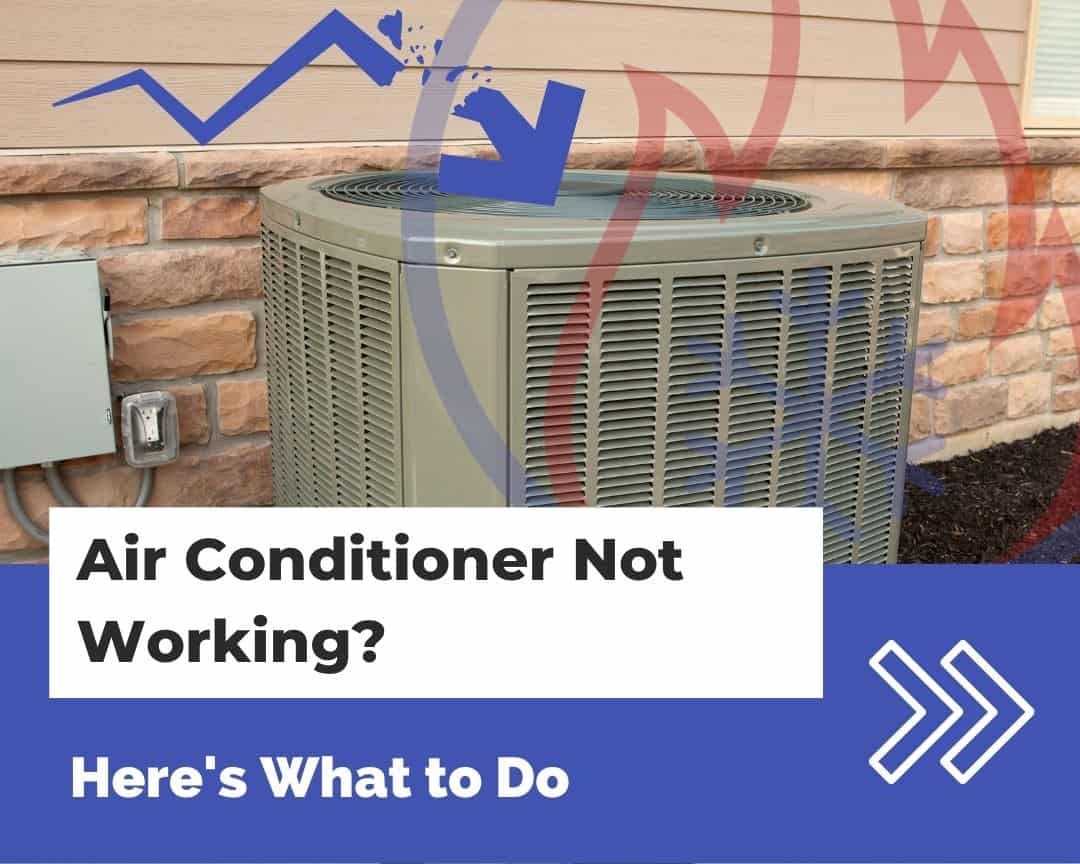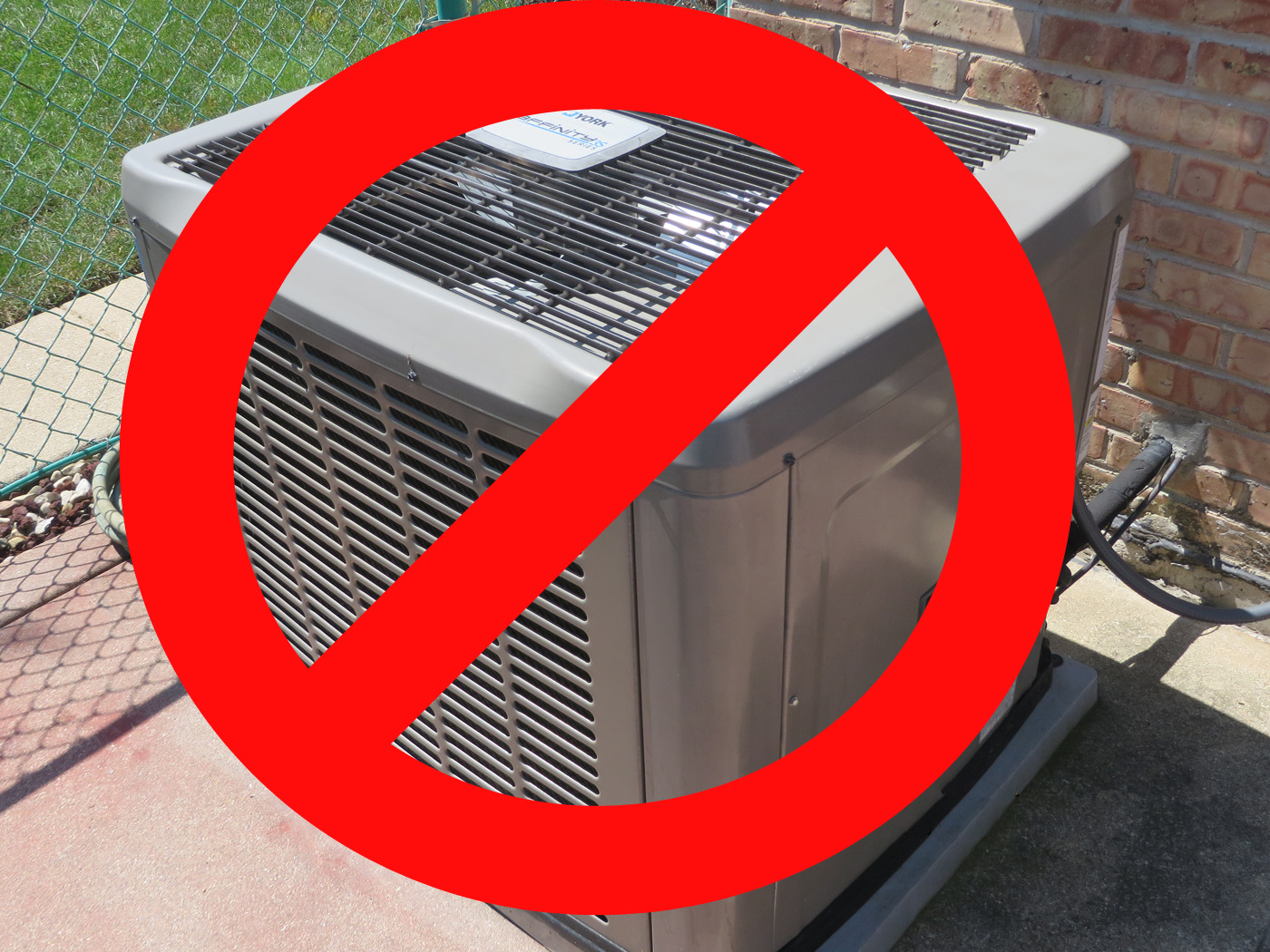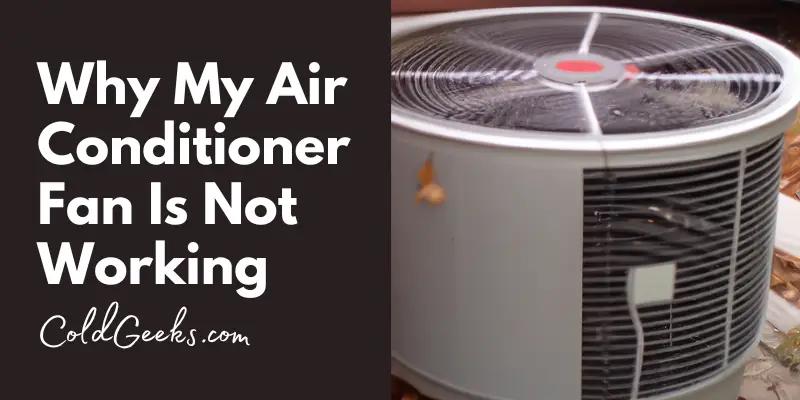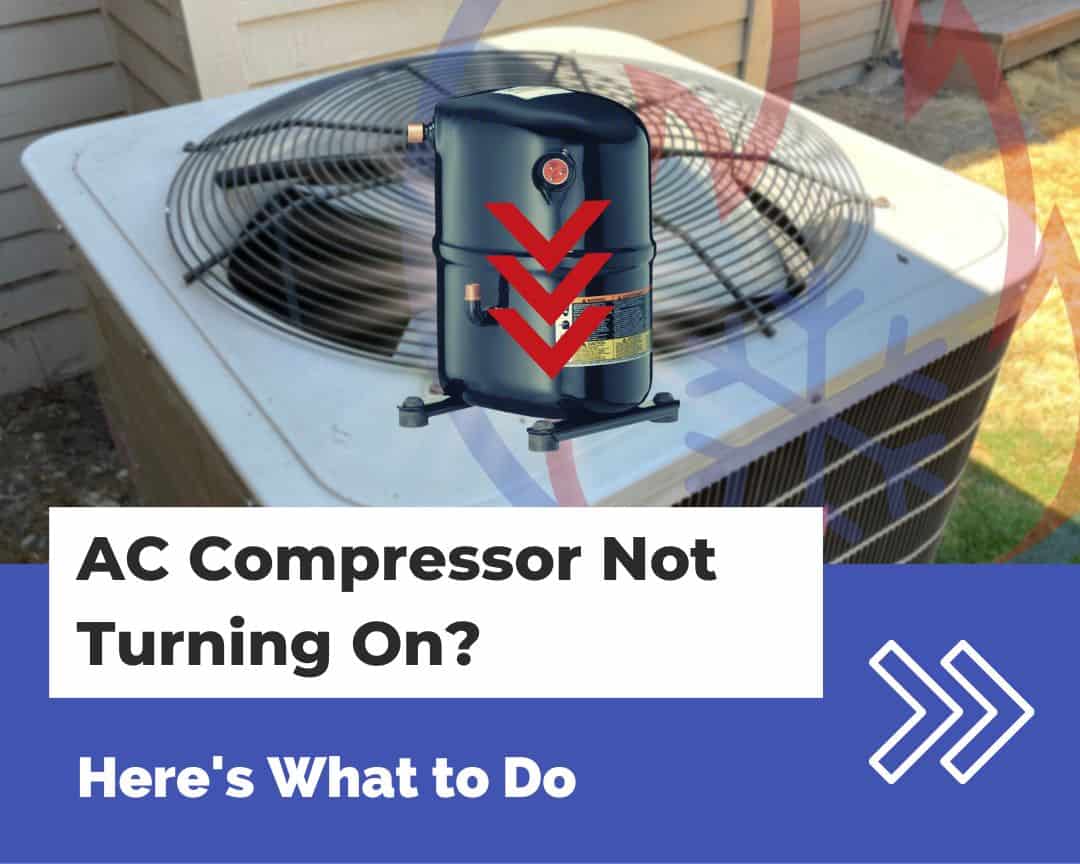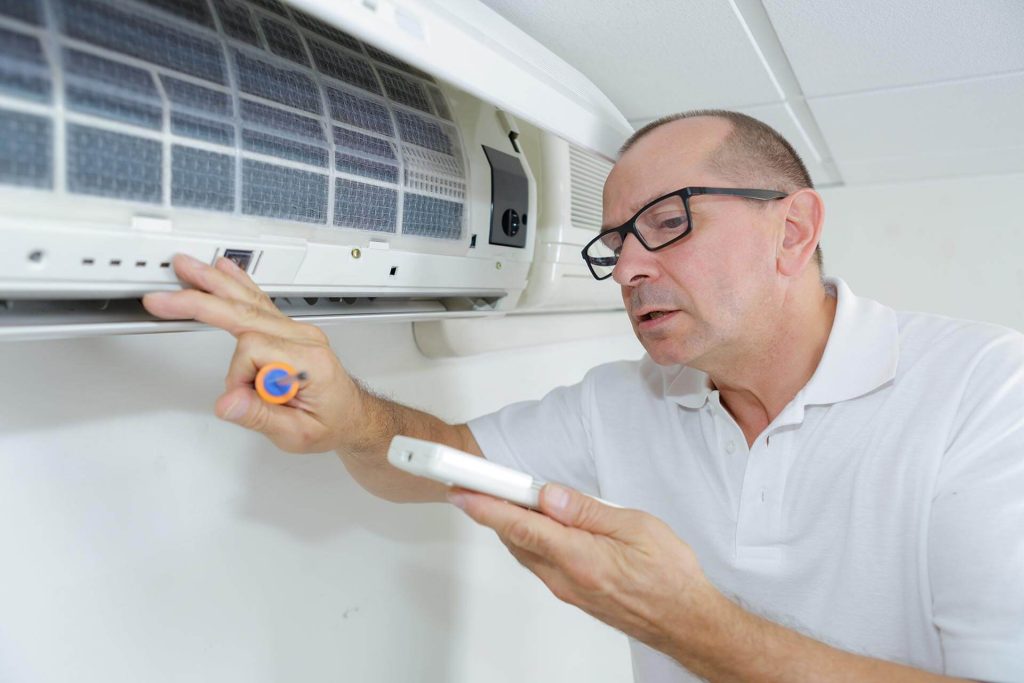Air Conditioner Not Working After Winter

The first warm day after a long winter is a welcome sign. But that welcome can quickly turn sour if your air conditioner refuses to cooperate. An AC unit sitting idle for months can develop a range of problems, preventing it from cooling your home or building efficiently. Understanding the potential culprits and knowing how to address them is crucial for homeowners, facility managers, and HVAC technicians alike. This article explores the common reasons why an air conditioner might not work after winter, providing practical troubleshooting steps and preventative maintenance tips to ensure a cool and comfortable summer.
Common Causes of AC Failure After Winter
Several factors can contribute to an air conditioner's malfunction after a period of inactivity. Here's a breakdown of the most frequent offenders:
Dirty Air Filter
This is arguably the most common and easily rectified issue. Over the winter, dust, pollen, and debris can accumulate on the air filter, restricting airflow. A clogged filter forces the AC unit to work harder, reducing its efficiency and potentially causing it to overheat. In severe cases, it can even lead to compressor failure, a costly repair. HVAC technicians often cite neglecting filter changes as the number one cause of AC problems.
Solution: Replace the air filter with a new one. Check your filter monthly and replace it every 1-3 months, or more frequently if you have pets or allergies. Consider upgrading to a higher MERV-rated filter for improved air quality, but be mindful of its impact on airflow, particularly in older systems.
Dead or Weak Capacitor
The capacitor is an electrical component that provides the initial jolt of energy needed to start the AC's motor. Like a battery, it can lose its charge over time, especially after extended periods of disuse. A weak or dead capacitor will prevent the compressor and fan from starting, resulting in a non-functional AC unit. This issue requires an understanding of electrical safety.
Solution: Test the capacitor with a multimeter. If it's faulty, replace it with a new one of the same voltage and capacitance. This repair is best left to a qualified HVAC technician due to the risk of electrical shock. Capacitors can store a significant charge even when the unit is off, so proper safety precautions are essential.
Refrigerant Leaks
Refrigerant is the lifeblood of your AC system, responsible for absorbing and releasing heat. A leak in the refrigerant lines will reduce the system's cooling capacity, eventually leading to complete failure. Leaks can occur anywhere in the system, but are most common at joints and connections. This often manifests as iced up coils.
Solution: If you suspect a refrigerant leak, contact a licensed HVAC technician immediately. They will use specialized equipment to locate and repair the leak, and then recharge the system with the correct type and amount of refrigerant. It's illegal and environmentally harmful to intentionally release refrigerant into the atmosphere.
Dirty Condenser Coils
The condenser coils are located in the outdoor unit and are responsible for releasing heat from the refrigerant. Over time, these coils can become covered in dirt, leaves, and other debris, hindering their ability to dissipate heat effectively. This can cause the AC unit to overheat and shut down. Proper maintenance includes regular cleaning and inspection.
Solution: Clean the condenser coils with a garden hose, using a gentle spray. Avoid using high-pressure washers, as they can damage the delicate fins. Commercial coil cleaners are also available for more stubborn dirt and grime. Be sure to turn off the power to the unit before cleaning.
Frozen Evaporator Coil
The evaporator coil, located inside the air handler, absorbs heat from the air. If airflow is restricted (due to a dirty filter, blocked vents, or a malfunctioning blower fan), the coil can become too cold and freeze over. This restricts airflow even further, leading to a complete shutdown. A frozen coil can also damage other components of the system.
Solution: Turn off the AC unit and allow the ice to thaw completely. This can take several hours. Once thawed, address the underlying cause of the freezing, such as replacing the air filter or clearing blocked vents. If the problem persists, consult with a HVAC technician.
Electrical Issues
Various electrical problems can prevent an AC unit from working, including tripped circuit breakers, loose wiring, and corroded connections. These issues can disrupt the flow of power to the unit, preventing it from starting. Electrical problems can also pose a fire hazard, so it's crucial to address them promptly.
Solution: Check the circuit breaker for the AC unit and reset it if it has tripped. Inspect the wiring connections for any signs of corrosion or damage. If you're not comfortable working with electricity, contact a qualified electrician or HVAC technician.
Blower Motor Failure
The blower motor is responsible for circulating air throughout the ductwork. If the motor fails, the AC unit will not be able to cool your home effectively. Blower motor failure can be caused by a variety of factors, including overheating, worn bearings, and electrical problems. This often affects system performance directly.
Solution: Test the blower motor with a multimeter. If it's faulty, replace it with a new one of the same voltage and horsepower. This repair can be complex and requires specialized tools, so it's often best left to a professional.
Preventative Maintenance for Year-Round AC Performance
The best way to avoid AC problems after winter is to perform regular preventative maintenance. Here are some essential tasks:
- Change the air filter regularly: As mentioned earlier, this is the single most important thing you can do to keep your AC unit running smoothly.
- Clean the condenser coils: At least once a year, clean the condenser coils to remove dirt and debris.
- Inspect the ductwork: Check for leaks or damage in the ductwork and seal them with duct tape or mastic.
- Schedule annual maintenance: Have a qualified HVAC technician inspect your AC unit annually to identify and address any potential problems before they become major issues. This includes checking refrigerant levels, testing electrical components, and lubricating moving parts.
Cost Considerations
The cost of repairing an AC unit after winter can vary widely depending on the nature of the problem. Replacing a capacitor might cost $100-$300, while repairing a refrigerant leak could range from $200-$800. Replacing a compressor, the most expensive repair, can cost upwards of $1,000-$3,000. Preventative maintenance, costing around $100-$200 per year, is a wise investment that can save you money in the long run by preventing costly repairs and extending the lifespan of your AC unit. When considering a new AC system look for high SEER ratings for better energy efficiency. The higher the SEER rating, the less energy the system uses.
Lifespan and Replacement
A well-maintained AC unit can last for 15-20 years. However, if your unit is nearing the end of its lifespan or requires frequent repairs, it may be more cost-effective to replace it with a new, more energy-efficient model. Modern AC units offer significant improvements in energy efficiency, which can result in substantial savings on your utility bills. Consider the long-term cost savings when making a replacement decision. Property managers should consider replacing older units to improve tenant comfort and reduce operational expenses.
Conclusion
A non-functional AC unit after winter can be a frustrating experience. By understanding the common causes of AC failure and following the preventative maintenance tips outlined in this article, you can keep your system running smoothly and efficiently for years to come. Remember that some repairs require specialized knowledge and tools, so don't hesitate to contact a qualified HVAC technician for assistance. Investing in regular maintenance and addressing issues promptly will ensure a cool and comfortable indoor environment throughout the summer months. Prioritizing preventative measures for all HVAC systems is key to avoiding costly repairs and maintaining optimal performance.

